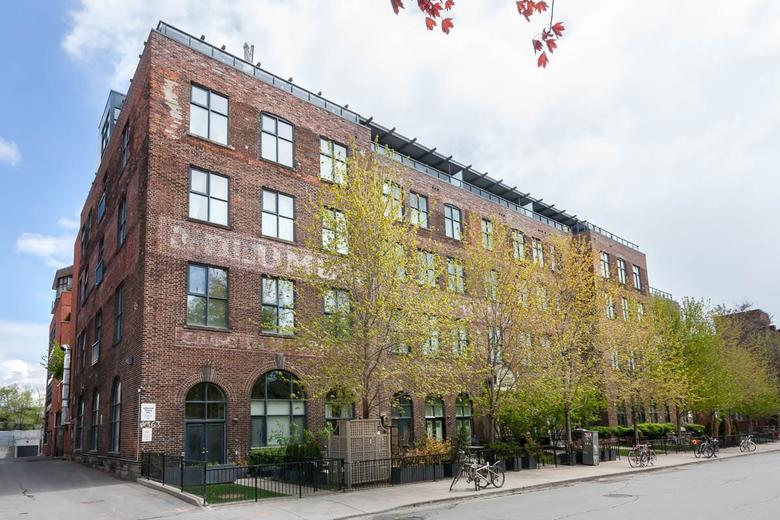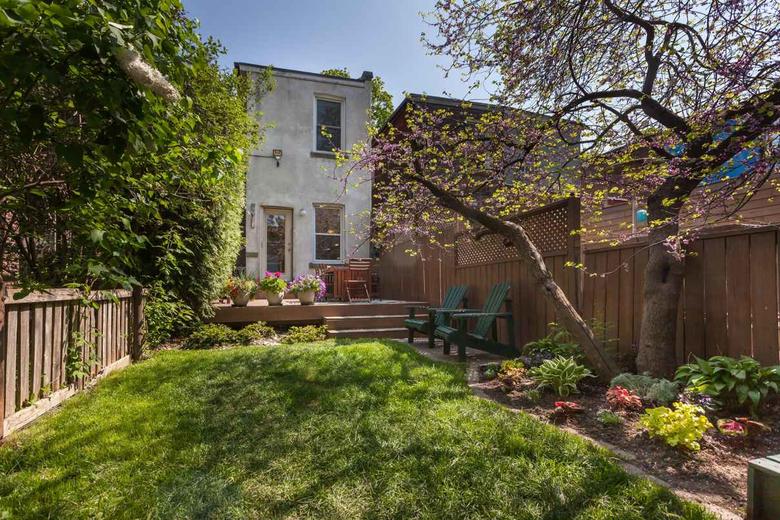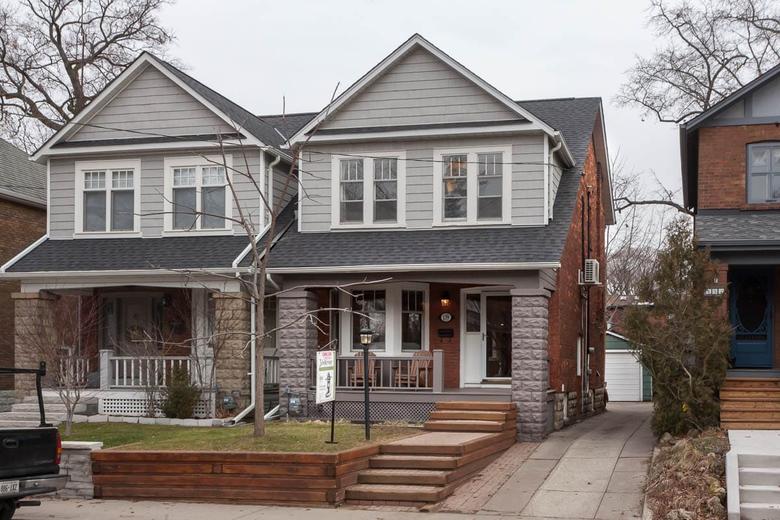If you are interested in buying or selling an investment property in Toronto, start your process online by filling in our form below.
Being a landlord in Toronto takes a lot of work. Becoming a landlord in Toronto may seem impossible.
But that’s simply not the case. Becoming a landlord is a good way to help pay down your mortgage, generate extra income, or even create your own business. And more than ever people are looking for ways to get into the business.
HAPPY CLIENT TESTIMONIALS


Kathy sold a multi unit home in the Junction

Fergus talks about working with Tyler and the JKT to buy his home in Old East York

Khushbu & Karna - Roncesvalles Investor Seller Looking for Agent to help Maximize Investment

Ellen and Leslie Testimonial

Kathryn: Happy buyer and seller

David out of town seller loved the JKT
BECOMING A LANDLORD
Before you think about financing units, managing properties, and dealing with tenants, it’s important to figure out exactly what type of landlord you want to be.
We separate landlords into two categories:
- Owner-occupied is when you live in the same building as your tenant. This can include everything from a basement suite with a separate entrance to simply renting out a room in your home. These types of properties are generally easier to get financing for.
- Hands-off landlord doesn’t reside on the same property as their tenants. These properties have the potential to generate more money depending on how many units there are and how much rent you charge, but they’re harder to receive financing for, mainly because, not being owner-occupied, banks tend to think that you don't care about the property as much, so they don't trust you as much.
PROPERTY
When you set out to find a good investment property, location is your biggest asset. For most tenants, access to transit will be a major deciding factor. Thus, the closer you are to a subway, GO Train, bus or streetcar line, the higher you’ll be able to charge for rent. Even what street the property is on can make a big difference!
There are also great advantages to houses that have already been divided up and have laundry in the building. You can also charge higher rents for parking.
As the city becomes more congested, renters care less about outdoor space, but on the other hand, homes with secondary entrances are a big plus.
TENANTS
If you’re thinking about getting into the landlord business remember that, in Toronto, tenants come first. This can cause some headaches, but people will always need a place to live. Toronto’s vacancy rate is 1.3 percent, which means there isn’t a lot of spaces but a lot of competition. So there are good tenants to be found, and good relationships to be built. You just need to do the work.
You have to keep in mind the tenants' rights - if you decide one day to sell your property, having a tenant can cause setbacks and it can affect the market value of a property because you can only make the rent go up one percent a year.
Also, you can’t break a lease, so if the landlord has the property rented for the next year and they sell it, the new owner has to take on the tenant. The only exceptions to this are if the new buyer or their immediate family member plans to personally occupy the rented space.
About choosing the right tenants, many landlords don’t like pets for the sole fact that they create more wear and tear on the property, but pet owners make actually good tenants - they're more caring people who are actually responsible. Also, couples usually make good tenants, but then again the old stereotype that single women make the best tenants is often true.
You should also be looking for tenants who will stay as long as possible. If you have no plans on selling the property in the near future, having a tenant who doesn’t want to move can be great.
Don't forget to check the references - past landlords are your best resource. Talk to them about your potential tenants to see how long they've been in one place or another. See how loud they are, ask about parties, hear the complaints.
Also, families who come from overseas often have cash-in-hand, which may mean larger deposits, but not knowing their history can be worrisome, so you do have to do your homework.
MAINTAINING THE PROPERTY
Taking care of your property can save you money (since you’ll be charging a 10-15 percent cut of the rent and charging for any expenses), but it can also take up a lot of time and energy.
There are two ways to deal with this: hiring a property manager or doing it yourself. There are pluses and minuses to each. Doing the work yourself can save you money, but it can also take up a lot of time. On the other hand, property managers can charge a lot, but they leave you free to pursue other interests. Ultimately, it’s about deciding what works best for you.
For more comprehensive info about How to Become a Landlord check out our series here.
SELLING AN INVESTMENT PROPERTY
It's important that owners of rental properties consider a potential sale when markets are high, as there's never any guarantee that demand will remain high and markets could peak without warning. And this applies to those who've been owners for a long time and for those new to the market. Sometimes things just align in such a way that makes the proposition of a sale worth considering.
Before putting your rental property up for sale give careful thought to the following important areas:
- Find the Right Real Estate Professional: The Julie Kinnear Team has a proven track record of selling and buying income properties. The JKT will provide a dynamic Marketing Plan and will keep you up to date with recent sales and current offerings as comparables. We ensure that your property is exposed to the maximum number of potential purchasers.
- Think about your tenants: Having good long-term tenants can be a definite plus when it comes time to sell. Be sure your tenants are aware of the pending sale, and work closely with your tenants to create a showing schedule that works for all parties including them. And it never hurts to personally thank and appreciate them whenever they're asked to vacate for a showing.
- New Leases: It's important to know that every purchaser's needs will be different, and they may have plans for refurbishments, or even turning the property back into a single family dwelling. Just in case, if leases are coming up for renewal close to the time of sale (or soon after), try to negotiate shorter or month-to-month lease agreements with your tenants.




